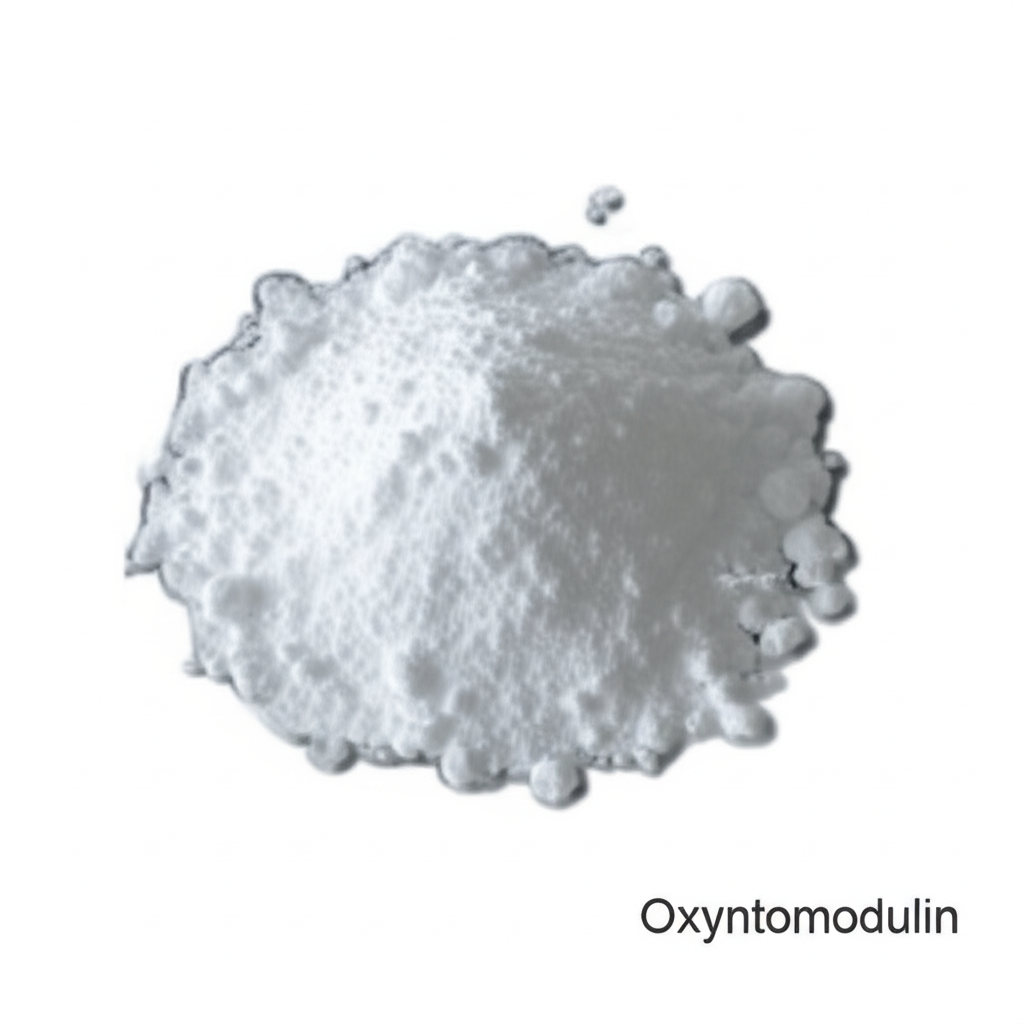Oxyntomodulin: A Comprehensive Overview of Its Role in Metabolism, Obesity, and Diabetes Management
Exploring the multifaceted impact of Oxyntomodulin on metabolic health and its therapeutic potential.
Get a Quote & SampleProduct Core Value

Oxyntomodulin
Oxyntomodulin (OXM) is a peptide hormone derived from proglucagon, primarily produced in the pancreas and gut. It acts as a dual agonist for both glucagon and GLP-1 receptors, playing a critical role in regulating glucose metabolism and appetite. Its ability to enhance insulin secretion, promote glucose production, and suppress appetite makes it a key molecule in energy balance regulation.
- Oxyntomodulin functions and clinical potential are being extensively studied for their implications in managing metabolic diseases.
- The role of oxyntomodulin as a biomarker for diabetes is gaining traction due to its impairment in patients with type 2 diabetes.
- Understanding oxyntomodulin effects on glucose metabolism highlights its dual action on both insulin secretion and hepatic glucose production.
- Recent research suggests oxyntomodulin for obesity management by suppressing food intake and increasing energy expenditure.
Advantages of Oxyntomodulin
Metabolic Regulation
As a oxyntomodulin dual receptor agonist, it effectively modulates glucose homeostasis, offering a promising avenue for diabetes treatment.
Appetite Control
The impact of oxyntomodulin peptide analysis reveals its significant role in central appetite regulation, promoting satiety and influencing body weight.
Therapeutic Potential
The unique properties of oxyntomodulin for obesity management position it as a potential therapeutic agent for individuals struggling with weight-related health issues.
Key Applications
Metabolic Disorder Research
Investigating oxyntomodulin functions and clinical potential is crucial for understanding and treating metabolic disorders.
Obesity Treatment Development
The known effects of oxyntomodulin on glucose metabolism and energy expenditure make it a target for novel obesity therapies.
Diabetes Management
As a potential biomarker and therapeutic agent, oxyntomodulin as a biomarker for diabetes offers new insights into disease management.
Endocrine Research
The study of oxyntomodulin gut hormone secretion and action contributes to a deeper understanding of the gut-brain axis.
